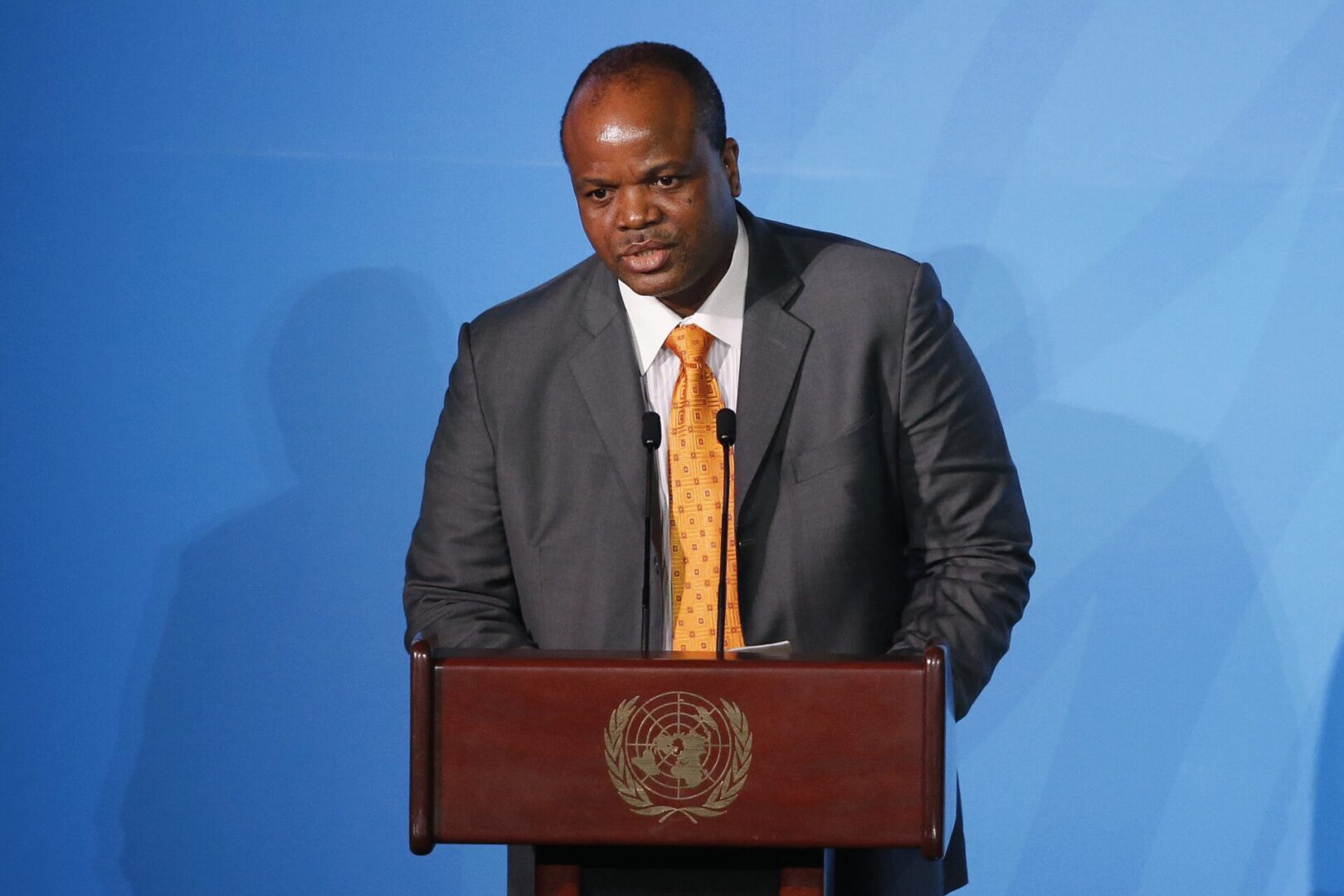Eswatini Holds Five U.S.-Deported Foreign Nationals—Including Jamaican—Pending Repatriation
July 17, 2025 | Jamaica Live News Desk
Jamaica Live | INTERNATIONAL AFFAIRS
The Government of Eswatini has confirmed that it is holding five individuals deported from the United States—hailing from Jamaica, Vietnam, Laos, Cuba, and Yemen—in separate detention facilities, pending repatriation to their respective home countries.

According to a Reuters report, authorities in the southern African kingdom have stated that the individuals are being detained under close supervision while coordination continues with the United States and the International Organization for Migration (IOM) to facilitate their eventual return.
The deportation flight, which landed in Eswatini earlier this week, marks a significant and controversial use of a Trump-era policy recently reinstated after a U.S. Supreme Court ruling in June. This policy permits the transfer of migrants to third-party nations—even those with no connection to the deportees—sidestepping traditional asylum claims and legal safeguards.
Though the International Organization for Migration has not publicly commented, the collaboration is said to be part of broader international efforts to manage complex deportation logistics amid increasingly hardline U.S. immigration enforcement under the second Trump administration.
The deportation of these individuals to Eswatini—a small, landlocked nation with limited immigration infrastructure and no historical role in international repatriation agreements—has raised eyebrows across diplomatic and humanitarian circles.

Jason DeCrow—AP
Critics, including human rights organizations and migration advocates, argue that such third-party deportations violate global asylum standards and place vulnerable individuals at heightened risk. Particularly concerning is the lack of transparency surrounding the detainees’ charges. While U.S. Homeland Security has characterized the deportees as “depraved monsters,” no formal list of crimes or legal findings has been disclosed.
Eswatini, formerly Swaziland, has a population of approximately 1.2 million and is ruled by King Mswati III—Africa’s last absolute monarch. The country’s cooperation with the U.S. in accepting high-risk deportees has prompted concerns about the potential exploitation of smaller, less politically influential nations in the U.S.’s evolving deportation agenda.

The statement was amplified by a post on social media platform X by Trump-aligned U.S. official Tricia McLaughlin, who defended the policy as necessary for removing those considered threats to American communities. She praised the deportation flight while using inflammatory language, a move that has further fueled criticism from international observers.
As one observer noted, “If the United States cannot get their own country to take them, how can Eswatini do?” The rhetorical question underscores a growing unease about power dynamics and fairness in global immigration policy.





“Third-country” deportations: In such cases, the US has resorted to deporting these individuals to “third countries”, meaning countries other than their country of origin. Eswatini, a small nation in Southern Africa, has become one such destination.
The query’s implication: The statement expresses a concern or question about how Eswatini, a smaller nation with limited resources compared to the US, can be expected to handle individuals whom even their own countries of origin deem undesirable.
Eswatini’s stance: Eswatini has accepted these individuals and stated its intention to repatriate them to their home countries when possible. The Eswatini government has said that this arrangement was a result of “months of robust high-level engagements” with the US and does not pose a security threat to its citizens.
Controversy and criticism: This practice of third-country deportations, including the arrangement with Eswatini, has faced criticism from various groups, including human rights advocates and opposition groups within Eswatini itself. Critics have raised concerns about the well-being of the deportees and the ethics of sending individuals to countries where they have no ties. Some have also pointed out Eswatini’s own human rights record as a concern.
The Jamaican government has not yet issued an official statement on the Jamaican national involved in the case. Jamaica Live will continue to monitor developments.
